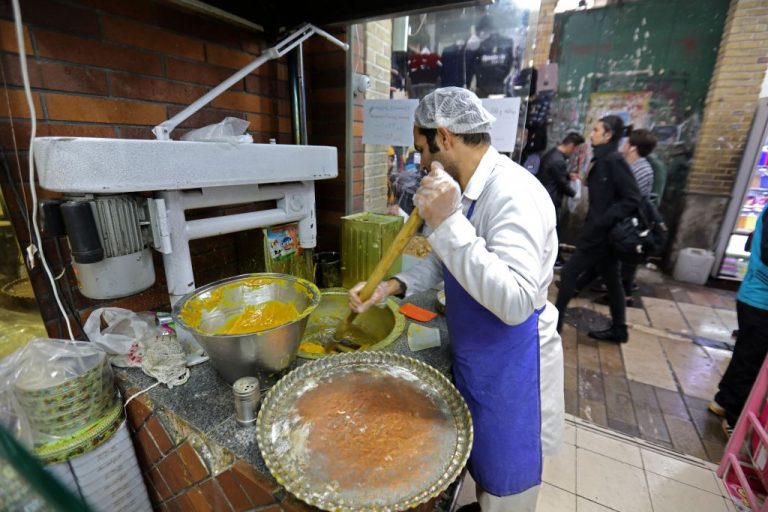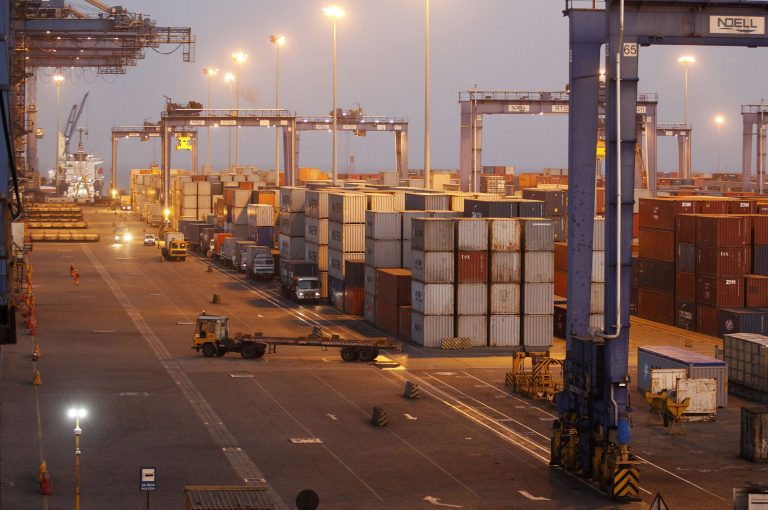Iran has the dubious honor of being the world’s first country to kick off a food rationing system for staple foods based on a digital ID compliance system.
“Where vaccine passports failed, food passports will now be eagerly accepted by hungry people who can’t afford rapidly inflating food prices,” said indie blogger Christian Westbrook on his channel Ice Age Farmer.
Iranian president Ebrahim Raisi last month announced the government would introduce a digital coupon system that allows people to purchase a minimal amount of bread at subsidized prices.
The surplus will be only available at market prices.
READ MORE:
- China Deepens Partnership With Iran to Offset US Sanctions, Promote Digital Yuan
- Protests in Iran, Security Forces Fire at People, Acute Water Shortages Persist
- Russia’s Invasion of Ukraine Sparks Panic Buying of Food in the Middle East
- Ukraine Is Quietly Unveiling Digital Currency and a Social Credit System
“Today, subsidies are being wasted and people are witness to corruption and discrimination in this regard. How can we let this continue?” Raisi said, according to Financial Times.
Success
You are now signed up for our newsletter
Success
Check your email to complete sign up
“People and the elite urge us to reform the economy and we are determined to do so,” he added.
However, the rationing system will be rolled out digitally using a biometric identification app, which could theoretically be linked with a social credit system, including the consumer’s carbon footprint, vaccination status, and political compliance.
The plan will be rolled out within two months, first just concerning bread, while other flour-based staple foods will eventually be covered with all basic necessities like oil, meat, dairy, and so on to follow.
Riots across the country
With a nearly 40 percent inflation rate and almost half of the 82 million population living below the poverty line, most Iranians are dependent on state-subsidized staple foods such as bread.
Iran relies for about 30 percent of its wheat on Russia and Ukraine, but due to the military conflict between the former providers, these imports have been stalled, FT reported.
With the government cutting subsidies on imported wheat, prices for wheat-based alimentary spiked in some cases as high as 300 percent causing food riots to break out across the country last month, Reuters reported.
In response to the riots, the Government shut down the Internet in many Southern regions—where the protests were the most frantic—in an apparent attempt to stem the backlash, making it harder for protestors to organize themselves.
Later, when the protests flooded the rest of the country, the ban was also expanded to the whole nation, albeit in a tiered manner. Nonetheless, enterprises, banks, and state bureaus were allowed to do business as usual.
By accident or by design
During the broadcast, Ice Age Farmer also alluded to the Rockefeller Foundation’s agenda of “Resetting the Table”, and “transforming the food system,” to be coming into realization.
The Foundation has been advocating on its website for years for governments to be keener toward “true cost accounting,” meaning they should include “its impact on human health, the environment, and social and economic inequity.”
Though the Rockefeller think tank’s suggestions seem benign and equitable, many opponents fear governmental overreach by imposing a system in which people will have to pay for the damage they’ve done to the environment by eating a burger or any other type of food, driving a car, or heating the stove.
Some, like Christian outlet Wine Press News, suspect that this is just another subtle way to impose hidden fees and randomly handed-out taxes, thereby foregoing the self-regulatory system of the free market.
This would be done in an attempt by big corporate governments to gain even more control over their citizens rendering them fully dependent.







